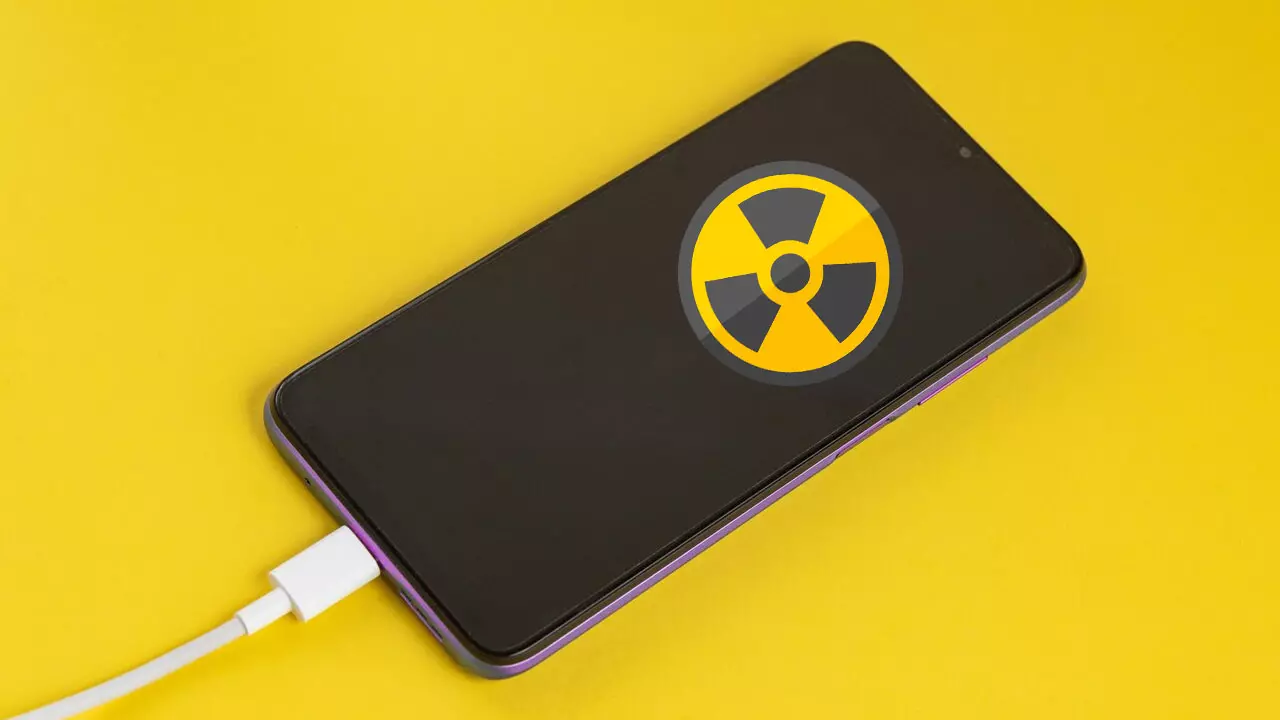Despite significant advancements in mobile phone technology, one persistent issue continues to plague users worldwide – the need to charge our smartphones daily, sometimes even more frequently with heavy usage. However, a groundbreaking technological innovation may hold the key to solving this dilemma, allowing us to bid farewell to daily recharges forever.
Betavolt Technology: Pioneering Nuclear Batteries
A Chinese company known as Betavolt Technology is at the forefront of developing small radionuclide batteries that could potentially revolutionize the smartphone industry. They claim that these batteries pose minimal risks, and once integrated, smartphones could last for decades without requiring recharging.
Mobile Phones Meet Nuclear Batteries
The concept behind these innovative batteries lies in utilizing the energy released during radioactive decay to generate electricity. While such batteries are commonly used in space travel to power distant probes and have applications in devices like pacemakers, they were historically unsuitable for mass consumer use due to their size, power limitations, and the associated dangers of radioactive materials like plutonium.
The Endless Power Source
The most compelling advantage of nuclear batteries is their ability to provide a continuous source of power without the need for recharging. These batteries have the potential to keep your mobile phone running for up to 50 years. Moreover, they exhibit remarkable resilience in extreme temperature ranges from -60 to 120 degrees Celsius, making them superior to current lithium batteries, which are sensitive to weather conditions.
Safe and Efficient Energy Generation

Betavolt Technology emphasizes that their nuclear batteries do not release any radiation, opening up possibilities for use in medical implants and other sensitive applications. As the nickel-63 in the battery breaks down, it transforms into copper, eliminating concerns about toxic chemicals. At the heart of this technology is a mere 10-micrometer-thick layer of artificial diamond, acting as a semiconducting layer. This crystalline structure efficiently converts the energy released by the decaying nickel isotope into electricity.
Betavolt Technology asserts that these batteries already have the capability to meet the power requirements of various long-duration applications, including aerospace, medical devices, microelectromechanical systems (MEMS), advanced sensors, small drones, and microrobots.
In a world where our smartphones have become indispensable companions, the prospect of never having to worry about recharging them is nothing short of revolutionary. With nuclear batteries on the horizon, the future of mobile technology is brighter and more convenient than ever before.

